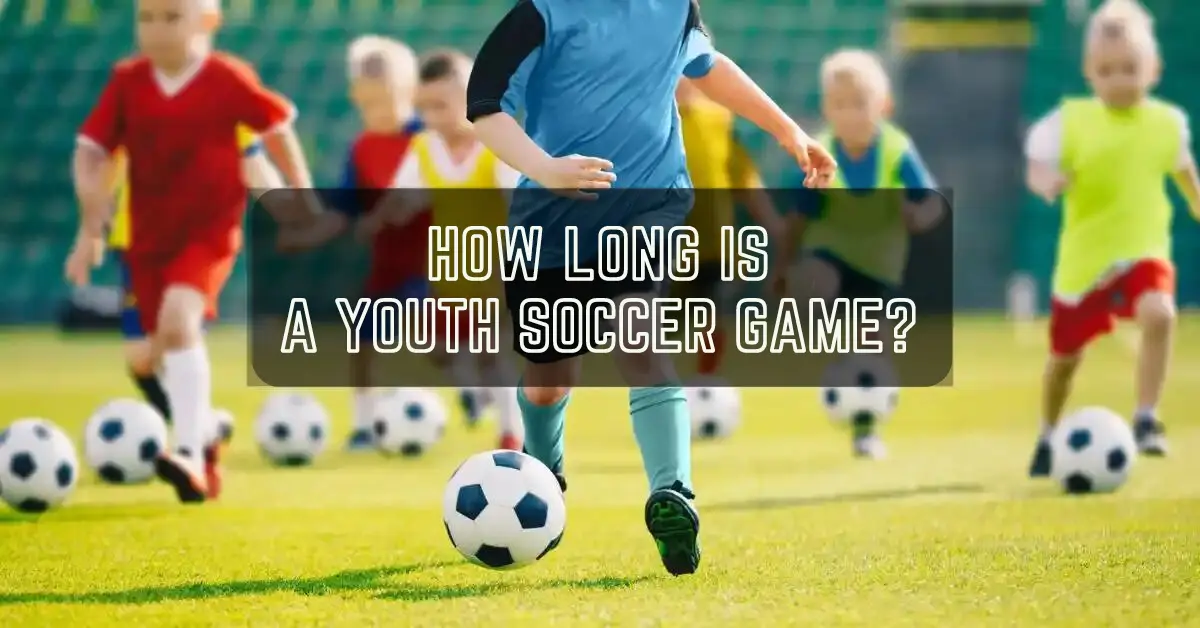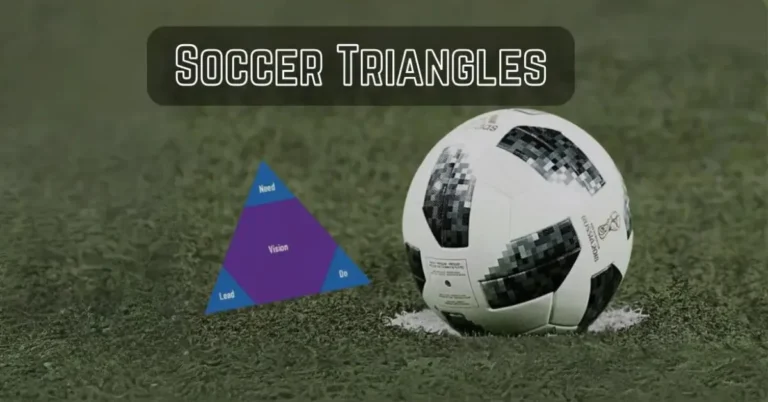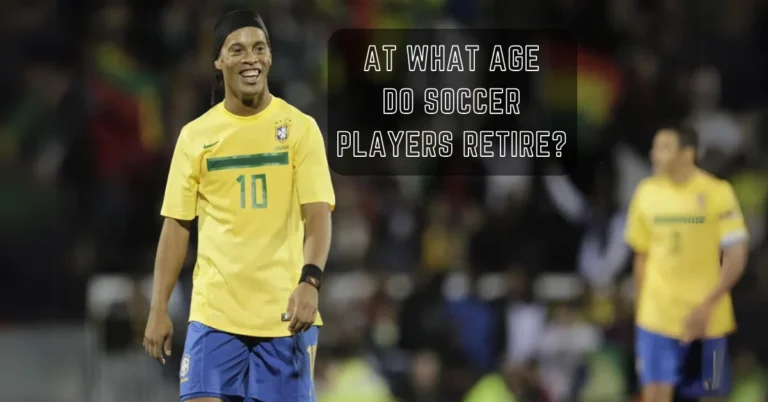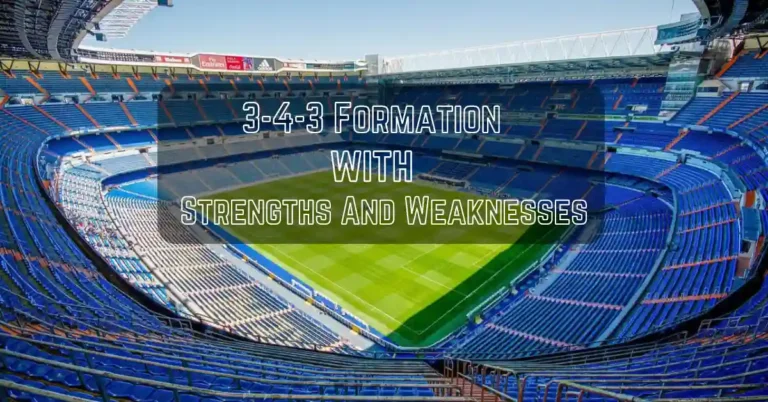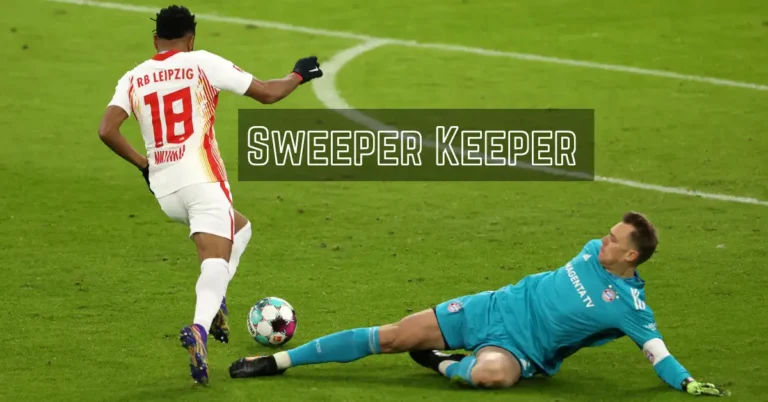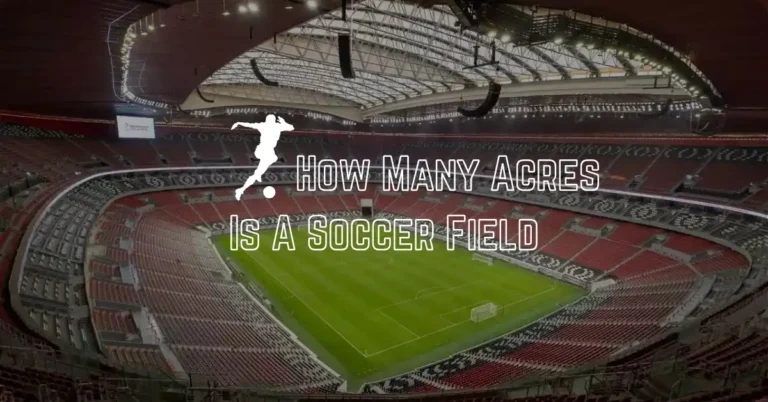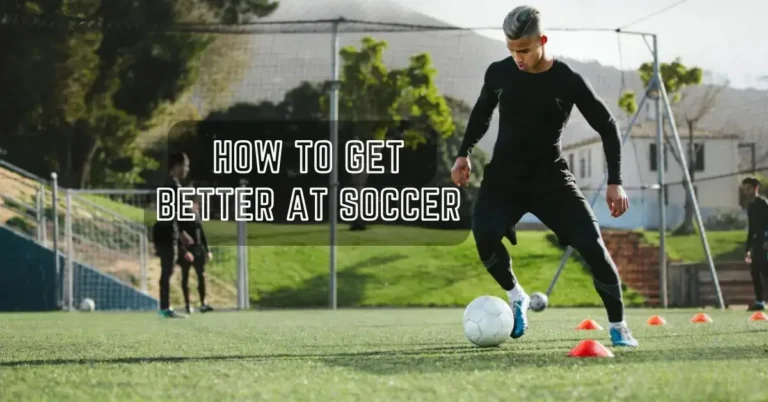How Long Is A youth Soccer Game? What Is Extra Time?
The age of the child determines how long a youth soccer game can be. However, these time limits are more guidelines than rules that cannot be broken, and they might vary from country to country.
Within the realm of youth soccer, they suggested play periods for various age groups. As players get older, there is a general trend towards lengthier games, although there are notable differences regarding this trend.
length of youth soccer games in different ages
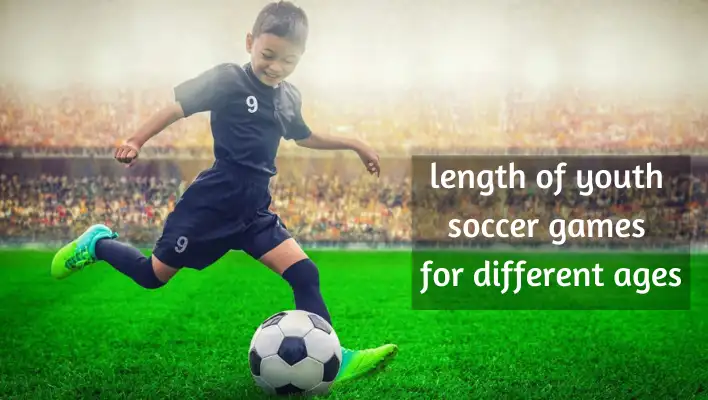
Here is a complete guide for the length of youth soccer for different ages.
under 6
The official playing time typically spans a delightful 24 minutes, divided into four quarters, each just 6 minutes long. Consider it four mini-adventures on the field with short stops for cheers, high-fives, and possibly a juice box.
under 8
The official playing time typically stretches to 40 minutes, divided into two halves of 20 minutes each. Fun and entertaining are still key, but stamina and tactical knowledge are needed.
under 10
The official playing time for under-10s typically spans 50 minutes, divided into two halves of 25 minutes each. Consider it a bridge between younger players’ shorter formats and senior players’ longer matches.
under 12
The official playing time stretches to 60 minutes, divided into two halves of 30 minutes each. A perfect spot where physical and tactical components take center stage, yet fair play and fun are prioritized.
under 14
The official playing time for under-14s typically spans 80 minutes, divided into two halves of 40 minutes each. It requires more stamina, tactical awareness, and mental focus than younger age groups’ shorter formats.
under 16
The official playing time for under-16s mirrors the adult game, stretching to 90 minutes, divided into two halves of 45 minutes each. It’s a significant leap from the shorter formats of younger age groups, demanding peak physical conditioning, mental resilience, and strategic maturity.
under 19
The official playing time for under-19s mirrors the senior level, stretching to 90 minutes, divided into two halves of 45 minutes each. Players experience the full spectrum of emotions on the field, from the exhilarating highs of attacking runs to the steely focus of defensive battles.
See Also: Soccer Skills For Kids
What is extra time in youth soccer?
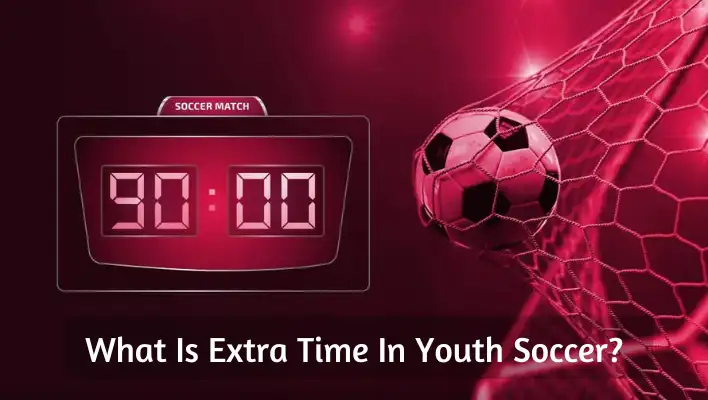
In youth soccer, extra time, also known as stoppage time or overtime, typically applies to knockout stages of tournaments or cup competitions, where a clear winner must be determined. It comes into play when the score remains tied at the end of the regular playing time, which varies depending on the age group.
Extra Times In Youth Soccer For Different Ages:
- Under-6 to Under-8: Usually not used.
- Under-10 to Under-12: It might be used in some leagues/tournaments.
- Under-14 and Up: Commonly used in most knockout stages.
- Under-14 and Under-15: Typically involves two periods of 10 minutes each.
- Under-16 and Up: Follows the adult format of two periods of 15 minutes each.
half time in youth soccer
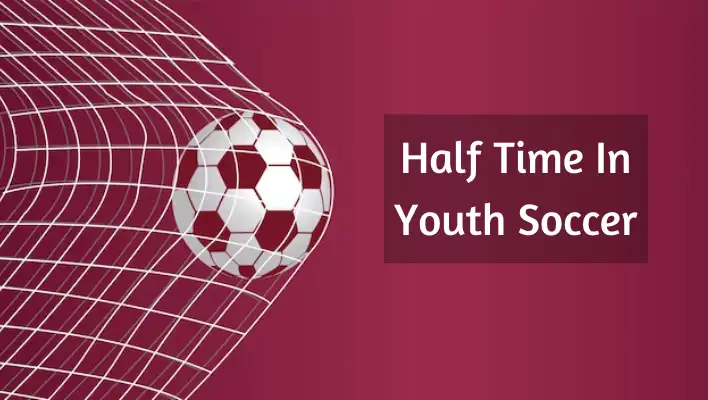
This table will show the halftime for youth soccer games for different ages of players.
| Age Group | Half Time |
| Under 6 | 6 minutes (4 quarters) |
| Under 8 | 20 minutes (2 halves) |
| Under 10 | 25 minutes (2 halves) |
| Under 12 | 30 minutes (2 halves) |
| Under 14 | 40 minutes (2 halves) |
| Under 16 | 90 minutes (2 halves) |
| Under 19 | 90 minutes (2 halves) |
How Many Quarters In Soccer?
Quarters are only in under-6 soccer. The soccer match contains 4 quarters. Each quarter consists of 6 minutes.
See Also: Soccer Rondo
How long are warmups in soccer?
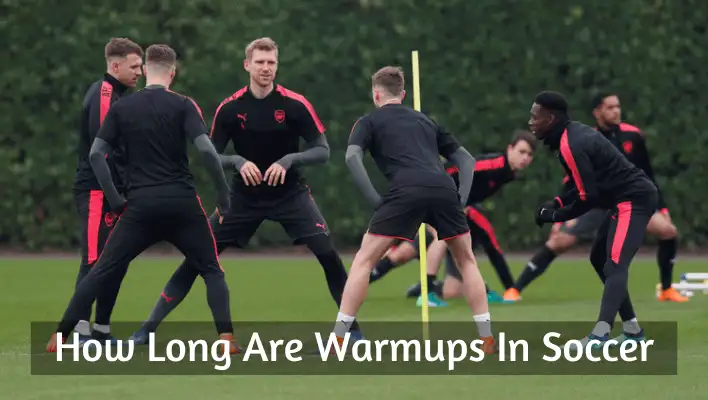
The time for warmups in soccer depends on the age of the players.
- Younger players (under 12): Typically have shorter warm-ups of 10-15 minutes, focusing on basic movements, dynamic stretches, and ball work.
- Older players (over 12): Can have longer warm-ups of 15-30 minutes, incorporating more complex drills, tactical preparation, and specific skills practice.
How Long Is A professional soccer game?
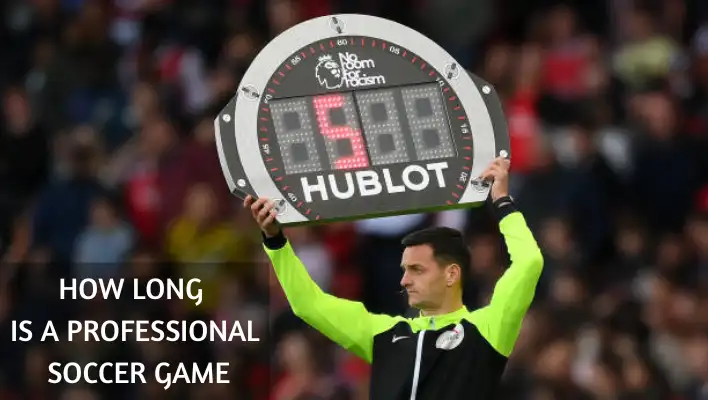
For both men’s and women’s leagues, a professional soccer game has a standard duration of 90 minutes, divided into two halves of 45 minutes each. However, the actual time a game takes to complete can be slightly longer due to:
- Stoppage time: The referee can add extra time to each half to compensate for stoppages in play, like injuries, substitutions, goal celebrations, and time-wasting tactics.
- Extra time and penalty shootouts only appear in playoffs and cup finals. A tie after 90 minutes of regular play and two 15-minute overtime halves. Next, a penalty shootout determines the winner, with each side taking five attempts at the goal.
So, while the official playing time for a professional soccer game is 90 minutes, the total duration can typically range from 90 to 105 minutes, depending on stoppage time.
See Also: Soccer Quotes For Girls
FAQs
It depends on the child’s age to determine how long a youth soccer game can be. A youth soccer game typically lasts 40 to 60 minutes, divided into two halves for under 12 players.
Youth soccer teams usually consist of 8 to 11 players. The number of players depends on the game, like futsal and football.
Yes, there can be two strikers. A team with two strikers usually uses players whose strengths go well with their striking partners.
Cristiano Ronaldo earns the most money in soccer. He earned $260 million in 2023.
conclusion
When it comes to youth soccer, understanding the duration of a game becomes essential for players, parents, and coaches alike. How long a youth soccer game lasts is more complicated than just the time the clock strikes. It changes how players grow, how the community sees things, and how safe things are. Everyone who plays kids soccer can have a better time if they understand the different factors that affect the game.

